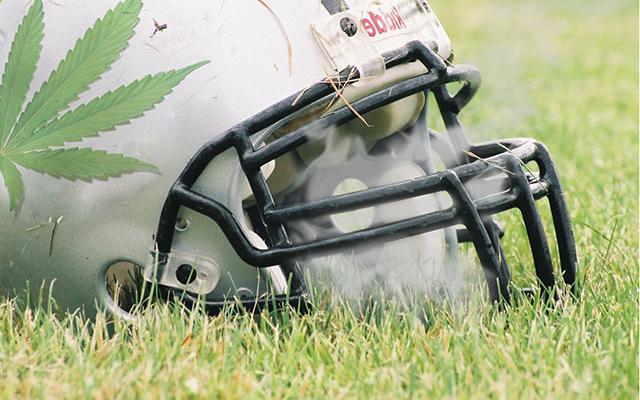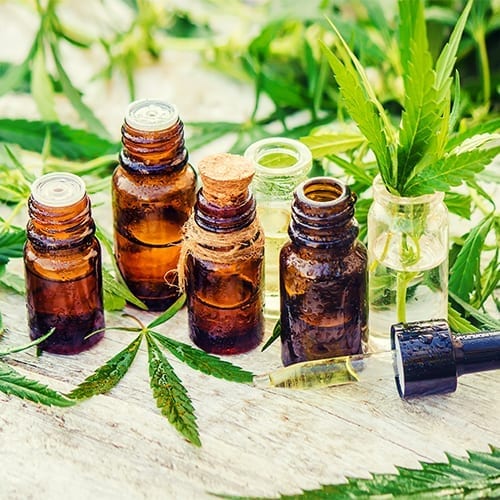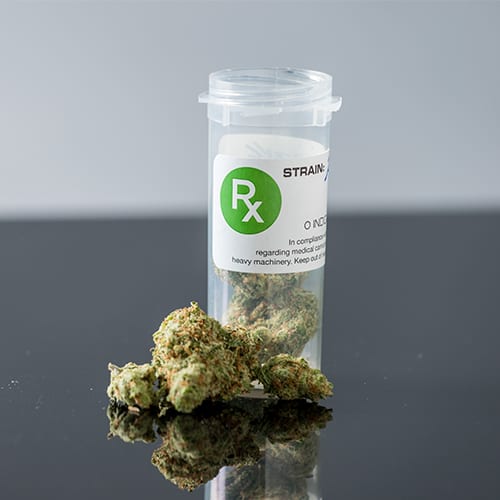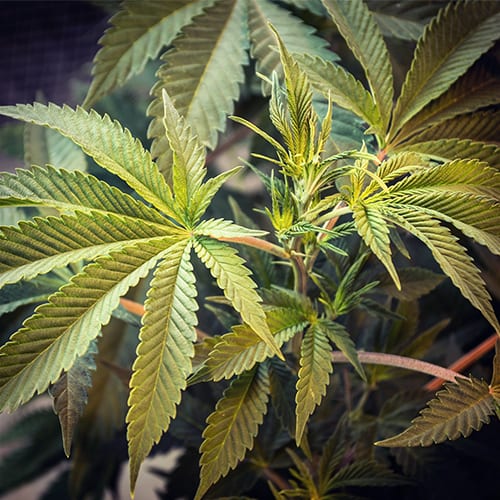
At least one-third of the Power Five conference schools are not punishing athletes as harshly as they were 10 years ago for testing positive for marijuana and other recreational substances, according to an investigation undertaken by the Associated Press.
Last year, the NCAA cut in half the penalty for athletes who failed pot screenings at its championship events.
NCAA chief medical officer, Dr. Brian Hainline, called college sports’ drug policies wildly inconsistent.
“There should be one policy and it should be transparent,” Hainline told the Wall Street Journal.
One change Hainline would favor—ending NCAA testing for pot and other recreational drugs while encouraging schools to adopt their own comprehensive deterrence programs.
“Our competitive safeguards committee said we should decrease the ban because (athletes) really aren’t doing it (recreational drug use) because of cheating,” Hainline told the AP.
The NCAA, which has been screening top-level athletes for recreational and performance-enhancing drugs (PEDs) since 1986, penalized athletes who failed the tests at championship events and football bowl games by subjecting them to one-year suspensions. In 2014, the NCAA eased that penalty to a six-month suspension, according to the Star Tribune.
Dr. Hainline believes the NCAA should concentrate on busting athletes who use PEDs and leave it to the schools to deal with the rest, preferably through treatment rather than punishment.
“The most important thing that I can’t emphasize enough is that as a society, we have to make a clear distinction between recreational drug use and cheating,” Hainline told AP. “I really believe that they require two different approaches. One is more nuanced, and one is hard core.”
Hainline told AP that championship events shouldn’t just test for pot.
“If there are any kids under the age of 18 smoking cigarettes, we should test for that,” he said. “We certainly should be testing for alcohol for everyone under the age of 21. Then we ask ourselves, ‘Where does the moral authority stop?’ I’m all for moral authority as long as there is a philosophical consistency to it.”
By: Maureen Meehan (High Times)





